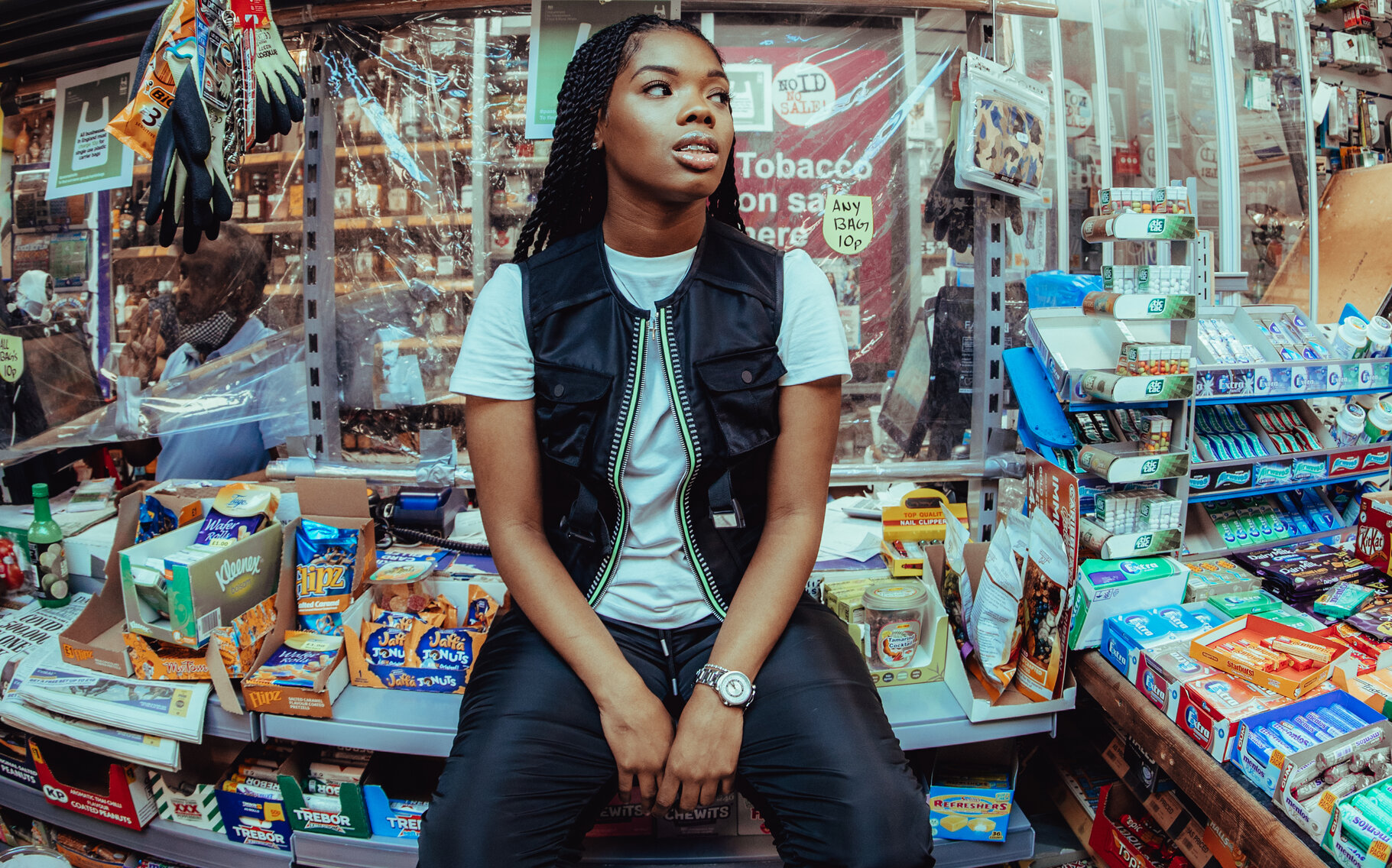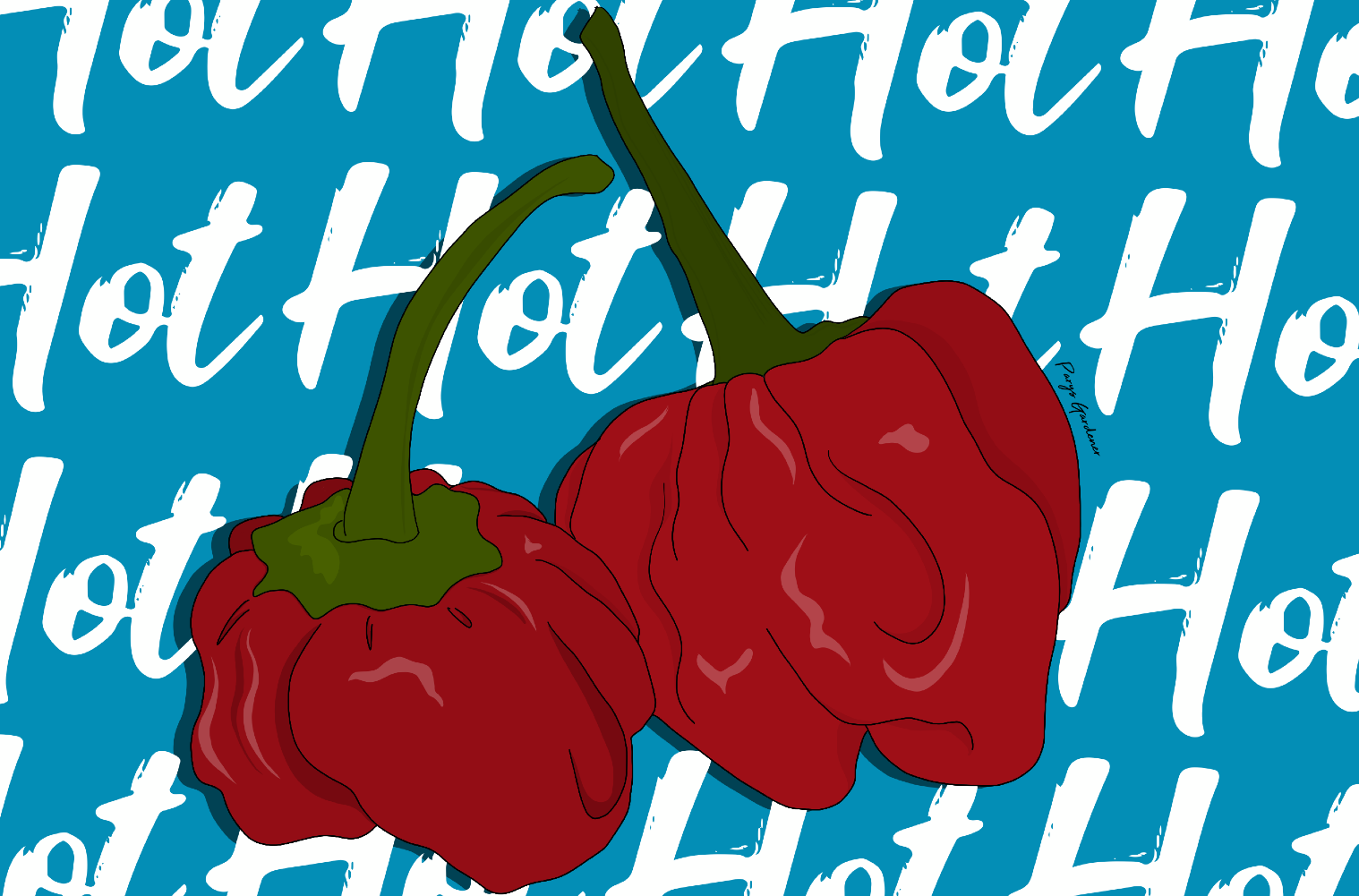
Image by: Chance Nkosi Gomez
The last year or so has seen a rise in the popularity of Caribbean-influenced music, with pop artists from around the world inexplicably waking up with a slight Jamaican tinge to their accents. The commodification of dancehall is undeniable. Internationally, the likes of Drake and Tyga have arguably co-opted an entire culture for social capital, with hit records such as ‘Controlla’ and ‘Blem’ bringing this style to the attention of international audiences. At home, London’s vibrant multiculturalism and an ever in-touch diaspora have produced a booming crossover genre of ‘Afro Bashment’, with young artists like J Hus and Yxng Bane fusing West African and Caribbean influences to the embrace of mainstream attention.
Almost 5000 miles away, South of Cuba and West of Haiti, there lies an island. This island has a population of just over 2.9 million, yet its influence spans decades, continents, cultures and subcultures. This island has influenced the vernacular, fashion and music tastes of millions that have never ever been there. On the island that has produced entire genres and international superstars such as Bob Marley and Beenie Man, there is a bubbling excitement surrounding Dancehall’s politically-charged, socially conscious older sister–reggae.
Often lazily synonymised with Rastafarianism and cannabis use, this genre propelled Jamaican music to a world audience when it originates in the late 1960s. The most well-known artists within this mesh of jazz, R&B and calypso include Bob Marley and the Wailers, Gregory Isaacs and Barrington Levy. Whilst Rastafarian practices undoubtedly influenced the genre, what set it apart was the often fiery moral condemnations of social structures and politics in lyrics, which has pored through into the likes of rap music such as our very own Grime.
As we speak, there is a Reggae Revival happening, or as Oje Ken Ollivierre, popularly known as Protoje, refers to it, ‘…a rejuvenation, a wave’. The Reggae Revival, akin to the Harlem Renaissance in 1920s America, has overseen a bursting movement of music, culture and thought that has reclaimed Reggae’s seat on the world stage and reshaped what we thought we knew of the genre.
“The latest project, A Matter of Time, speaks with a frankness and gravity that Ollivierre is quick to point out, a stark comparison to the feel-good, roots revival and experimentation of his previous album Ancient Future”
The soft-spoken son of two musicians firmly believes in the power of his own music and that of his influential homeland. Where reggae has been traditionally used to voice political opinions and concerns, Protoje aspires to provoke thought in his listeners. A thoughtful man, as well an artist, the message in his lyrics against corruption, greed and inequality stands tall for listeners from all over the world. The latest project, A Matter of Time, speaks with a frankness and gravity that Ollivierre is quick to point out, a stark comparison to the feel-good, roots revival and experimentation of his previous album Ancient Future.
Ancient Future arguably introduced the world to Protoje with the smash single ‘Who Knows’, featuring long-time collaborator and friend Chronixx. Ollivierre speaks with a quiet confidence of how he was aware that the song would reach as far as it did, referring to the chemistry between the two. The vibrancy and experimentation of these figureheads of Reggae Revival balanced with the traditional elements of roots, as well as social commentary. has proven popular with the massive commercial success of ‘Who Knows’. A Matter of Time brings the two together again for two songs, including the single ‘No Guarantees’ which recounts the twists and turns of expectations set upon artists when they acquire their fame and fortune.
At a time when energetic (and occasionally problematic) dancehall music serves as a stark contrast to Reggae, what does Protoje think of the commercial success that has seen artists such as Spice and Popcaan tour internationally? Although the initial messages of dancehall and reggae may seem at odds with one another at a first glance, the room to explore and experiment allows for growth. Pointing to longtime collaborator and friend Chronixx, who frequently flits between the two in his 2017 debut album Chronology, Protoje paints a picture of a ‘common good’ where any elevation of Jamaican music and culture is positively embraced by artists of all genres.
Lead single ‘Blood Money’ sets the tone for the album which, according to the roots revivalist, is “the most direct he’s ever been”. In a global state of affairs where smaller, underdeveloped former colonies struggle to develop on an equal footing with the “Great Powers”, ‘Blood Money’ indeed supplements several economies. A blind eye allows dumping of toxic waste, or “partnerships” allow for exploitation of natural resources while local people suffer and a corrupt few profit from this new brand of neo-colonialism. And what of the ‘militant’ element of reggae that characterised it as a radical genre of experimentation and rebellion? At a time where public image and commercial success are so closely intertwined, where social media platforms allow you to spread your message at the click of a button and where Instagram followers and streams can equate to record sales, one has to tread a fine line.
Protoje explains that at the root of it, not much has changed but ‘there are simply different things to protest about’, and with lyrics such as ‘Until the day that my soul takes flight, Babylon shall hear my flight’ (Truth and Rights ft. Mortimer) there is no doubt that the message of justice and equality very much still stands in his latest offering. Protoje’s independent record label and collective In.digg.nation is also home to Sevana Siren, a rising Jamaican soul and reggae artist using her voice to raise awareness of the effects of climate change on her homeland’s ecosystem in her single ‘Justice’. This proves that reggae is very much still the voice of social justice as it was over fifty years ago.
Protoje is as his name suggests, always learning as he navigates the fine balance of traditions with longtime collaborators Mortimer, Chronixx and Winta Steppa, experimenting with new sounds and reaching a wider audience than ever before. It is, in fact, just a matter of time before the protégé can become the preacher.









